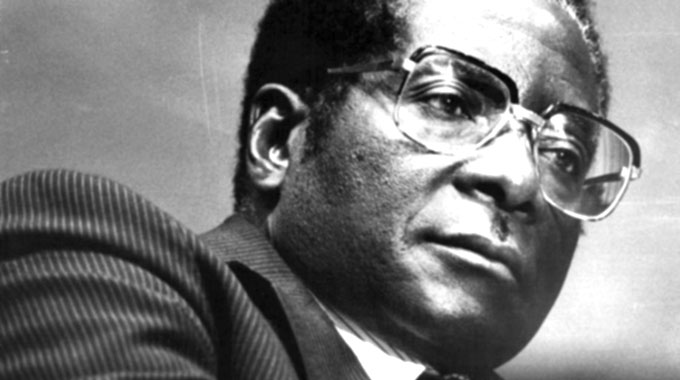Beira boom shows more Zambian, Rhodesian trade

The Rhodesia Herald, December 1, 1967
THE surge in traffic through the port of Beira in the past three months reflects the increasing imports and exports of both Rhodesia and Zambia, according to observers in Salisbury.
The proportion of traffic for each of the countries cannot be established because no official statistics are available.
However, the Trans-Zambesia Railways, which carry traffic for Zambia through Malawi, has ordered seven diesel-electric locomotives from Britain to cope with the increasing of traffic on that line.
The official explanation is that Mozambique’s ports are being enlarged and improved and that the rise in traffic is a natural consequence.
However, the Rhodesian Government claims that imports this year have increased by 20 percent and that exports are also higher than last year. It is assumed that this is having an effect on the Mozambique ports.
Traffic through Lourenco Marques broke all records during the first 10 months of this year and Beira is working to full capacity for the first time since early 1966. All piers and buoys are occupied and ships are lying in wait outside the bar.
The rise in traffic has enabled the Mozambique Harbours and Railways Board to restore the previous 30 per cent bonus for performance to its staff.
It is assumed that some of the traffic passing through Beira is destined for Zambia through Rhodesia. This includes motor vehicles driven from the Mozambique — Rhodesia border to Zambia. But is impossible to say how much of the traffic passing through Umtali is Zambian and how much is Rhodesian.
LESSONS FOR TODAY
Lourenco Marques is modern-day Maputo, the capital of Mozambique.
The port of Beira is the second largest port in Mozambique. It is located at the mouth of the Púngue River, 20km from the open sea and about 1,200 km north of Maputo.
Served by extensive rail and road network systems, Beira is the main port for exports and imports from the Mozambique provinces of Sofala, Manica and Tete.
Beira is a strategic gateway for landlocked countries in southeast Africa as it provides a short and quick access route for transit cargoes to and from Zimbabwe, Malawi, Zambia, Botswana and DRC.
The Feruka pipeline from Beira also links the port with Zimbabwe through the supply of fuel via the pipeline










Comments